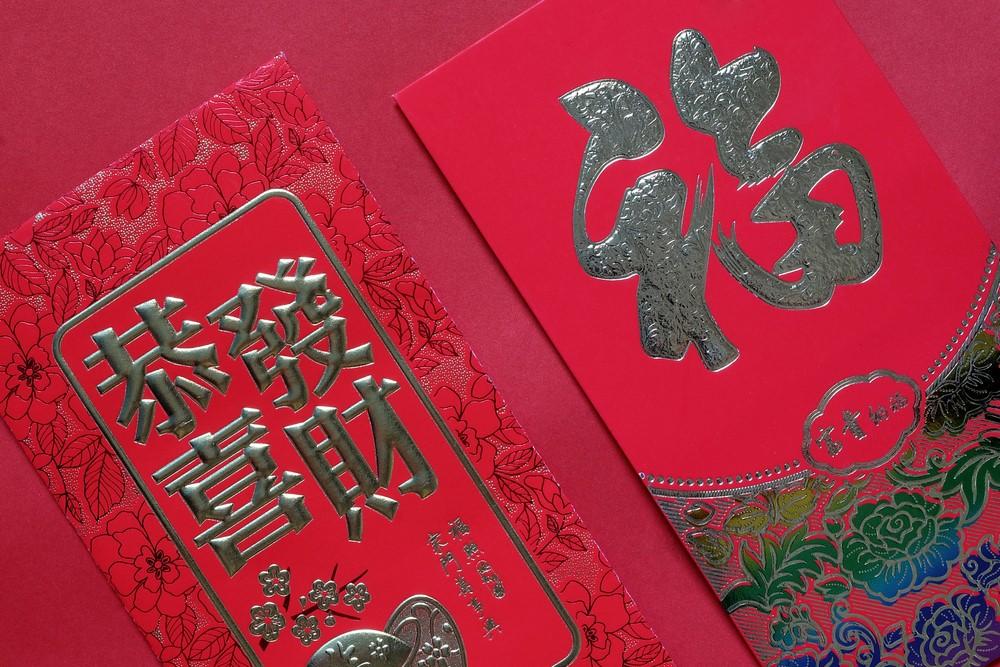

In 2020, despite its challenges, international financial firms found a silver lining in the opening up of China’s multi-trillion-dollar retail fund market by the country’s regulator. For those eyeing opportunities in this lucrative sector, this article explores four culturally relevant strategies to assist foreign brands in successfully penetrating China’s retail fund market. Learn how to navigate the intricacies of this evolving landscape and establish a strong foothold by implementing effective brand strategy tailored to the Chinese market.
As of the close of 2020, global financial powerhouses such as Blackrock, Vanguard, and Fidelity gained unprecedented access to target individual investors in Mainland China through their wholly-owned entities. This groundbreaking development aligns with the immense potential of China’s retail fund market, projected to reach a staggering $3.4 trillion by 2023. Key players in this expansion include Alipay, the influential mobile payment platform under Alibaba-affiliated Ant Financial.
Discover the strategic nuances required for foreign firms to thrive in this burgeoning market. With Alipay’s pivotal role and the distinctive internet culture in China, selling funds mirrors the dynamics of promoting consumer products, demanding a unique approach distinct from the strategies employed by global giants in their home markets. Uncover the transformative tactics that will set your brand apart in this evolving landscape.
Enhancing brand awareness among local consumers involves more than just crafting a pronounceable and memorable brand name. In the context of China, a well-chosen Chinese brand name has the potential to convey essential brand attributes through carefully selected characters. This holds particularly true for the financial industry, where impactful names resonate with customers’ financial aspirations, fostering a sense of understanding and care. By leveraging a culturally resonant brand strategy, foreign brands can instill trust and connection with their audience in the dynamic Chinese market.

An Aspirational Chinese Brand Name
Certain characters hold culturally significant meanings adored by investors and Chinese people in general. Whether it’s out of aspiration, auspiciousness, or even superstition, these characters have been used by many investment firms, both foreign and local, to express goodwill in their names and establish themselves as legacy brands. For example, 通 [tōng] meaning open and connect is used by J.P. Morgan 摩根大通 [mó gēn dà tōng]; 顺 [shùn] meaning smooth and successful is used by Invesco 景顺 [jǐng shùn]; and 达 [dá] meaning reach and achieve is used by Fidelity 富达 [fù dá].
Having a Chinese brand name early on and owning the trademark also protects the brand from copycats and unnecessary confusions, especially for well-established companies. Wells Fargo is known as 富国银行 [fù guó yín háng] amongst overseas Chinese communities for many years, but the name was only trademarked in recent years in China where local companies using 富 (wealthy) and 国 (country) – 富国基金 [fù guó jī jīn] and 国富投资 [guó fù tóu zī] – were already established.
A Chinese brand tagline is an essential part of the brand asset for financial companies in China, from the nation’s biggest banks like China’s Merchants Bank, whose tagline is 因你而变 (We Evolve for You) to digital platform Alipay’s 支付宝,知托付 (Alipay Honors Your Trust), they always come with taglines that resonate with consumers. For financial brands, especially consumer-facing brands, trust drives brand equity. A resounding brand tagline is arguably the most effective means to humanize the brand promise and deliver it in an impactful manner. When dozens of brands compete on one platform, a simple yet resonating line of promise may help a brand win over the competitors. Here are a few examples from popular local brands that present their promises through different angles in their taglines:

Chinese brand tagline
Similar to global practice, a fund’s official Chinese name usually follows a standard structure: [brand name] + [investment target / product name] + [investment strategy / category], i.e. 博时天颐债券A (Bosera + Tian Yi + Bond A). These types of names are certainly the most widely used, but the fact that they hardly ever sound appealing to customers prompts the trend of catchy names. Many companies create nicknames for their funds in a way that showcases the products’ main attributes, intending to appeal to audience who are less financially savvy, and at the same time, adds personality to the product and the brand.

An Approachable Product Nickname
On Alipay, that aforementioned product named Bosera Tian Yi Bond A also has a much more appealing nickname called 攻守兼备灵活基 (“Attack & Defense” Agile Fund). There are many interesting examples, each with a unique focus: 量化男神操刀 (Quantitative God’s Charge), which focuses on the fund manager’s capability, is actually Invesco Great Wall’s Shanghai & Shenzhen Composite 300 Enhanced Fund. 稳健底仓之选 (The Choice of Steady Bottom Position) is Tianhong Asset Management’s Yong Li Bond E Fund. And 能赚会花,人生赢家 (Earn & Spend to Have It All) is E Fund’s Consumption Sector Stocks fund.
In addition to the ability to sell funds and sharing company news and point of views directly to the followers, Caifu Hao (Wealth Account), the wealth management platform embedded in Alipay, is unlocking financial firms’ imagination on how to engage with existing and potential customers with the platform’s multimedia and social-mediatized functionality.

platform’s multimedia and social-mediatized functionality
Access granted by Chinese regulators to foreign firms brings challenges. Fierce competition from local players with stronger brand awareness and affinity, along with joint ventures, poses hurdles. Seize the moment now to hop on the fast-moving bandwagon and make your brand known and loved in China with a strategic brand strategy.
A Labbrand Group Company © 2005-2024 Labbrand All rights reserved
沪ICP备17001253号-3* Will be used in accordance with our Privacy Policy
To improve your experience, we use cookies to provide social media features, offer you content that targets your particular interests, and analyse the performance of our advertising campaigns. By clicking on “Accept” you consent to all cookies. You also have the option to click “Reject” to limit the use of certain types of cookies. Please be aware that rejecting cookies may affect your website browsing experience and limit the use of some personalised features.